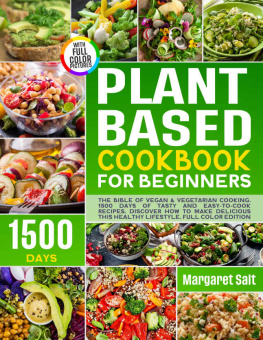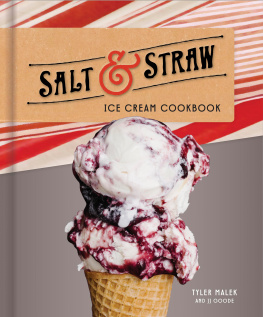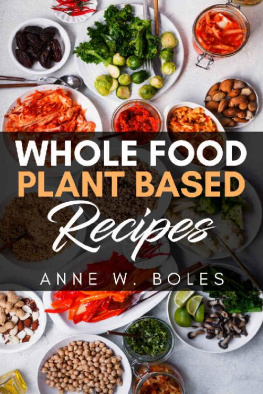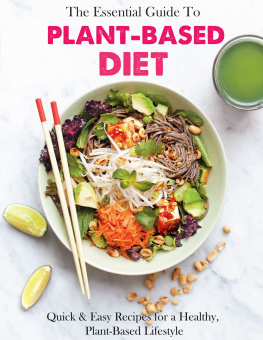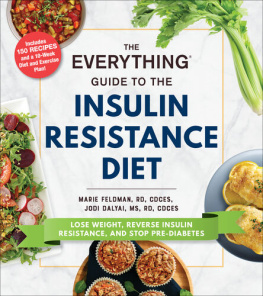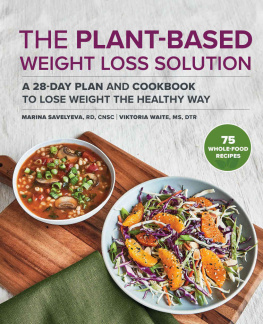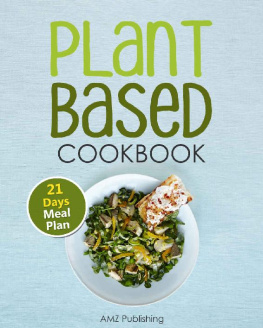The Bible of vegan & vegetarian cooking. 1500 days of tasty and easy-to-cook recipes. Discover how to make delicious this healthy lifestyle. FULL COLOR EDITION
Copyright 2022 by Margaret Salt- All rights reserved.
This document is geared towards providing exact and reliable information in regards to the topic and issue covered. The publication is sold with the idea that the publisher is not required to render accounting, officially permitted, or otherwise, qualified services. If advice is necessary, legal or professional, a practiced individual in the profession should be ordered.
- From a Declaration of Principles which was accepted and approved equally by a Committee of the American Bar Association and a Committee of Publishers and Associations.
In no way is it legal to reproduce, duplicate, or transmit any part of this document in either electronic means or in printed format. Recording of this publication is strictly prohibited and any storage of this document is not allowed unless with written permission from the publisher. All rights reserved.
The information provided herein is stated to be truthful and consistent, in that any liability, in terms of inattention or otherwise, by any usage or abuse of any policies, processes, or directions contained within is the solitary and utter responsibility of the recipient reader. Under no circumstances will any legal responsibility or blame be held against the publisher for any reparation, damages, or monetary loss due to the information herein, either directly or indirectly.
Respective authors own all copyrights not held by the publisher.
The information herein is offered for informational purposes solely, and is universal as so. The presentation of the information is without contract or any type of guarantee assurance.
The trademarks that are used are without any consent, and the publication of the trademark is without permission or backing by the trademark owner. All trademarks and brands within this book are for clarifying purposes only and are the owned by the owners themselves, not affiliated with this documen t .
Introduction
A plant-based diet consists of meals derived from plants with little or no animal products. Vegetables, legumes, fruits, nuts, whole grains, and seeds are examples of plant-based foods. Does this imply that we consume only those foods and avoid all others? Then what about white and other foods that are not whole grains, sugar, dairy, and vegan food packages? They are plant-based, yet they are not always healthful.
We will define a plant-based diet loosely as a diet with a plant-based foundation that focuses on wellness and balance, consuming more of the good food and less of the bad food.
A plant-based diet may be chosen for a variety of reasons. These reasons may include health benefits, animal welfare, personal choice, or environmental concerns.
Plant-based diets can promote a healthy lifestyle at every age and stage of life. However, just like any other diet, you should manage your plant-based meals to satisfy your nutritional requirements.
Those who eat a plant-based diet are classified as:
- Lactose-Ovo vegetarians feed on dairy products and eggs but do not consume meat, poultry, or seafood.
- Ovo-vegetarians feed on eggs but do not consume any other animal products, including dairy.
- Lacto-vegetarians: feed on dairy products but do not consume eggs, meat, poultry, or seafood.
- Vegans: they do not consume any animal products, such as honey, dairy, or eggs.
- Pescatarians: they consume seafood.
- Flexitarians (or Semi-vegetarians): they can consume some fish, eggs, meat, poultry, and dairy products.
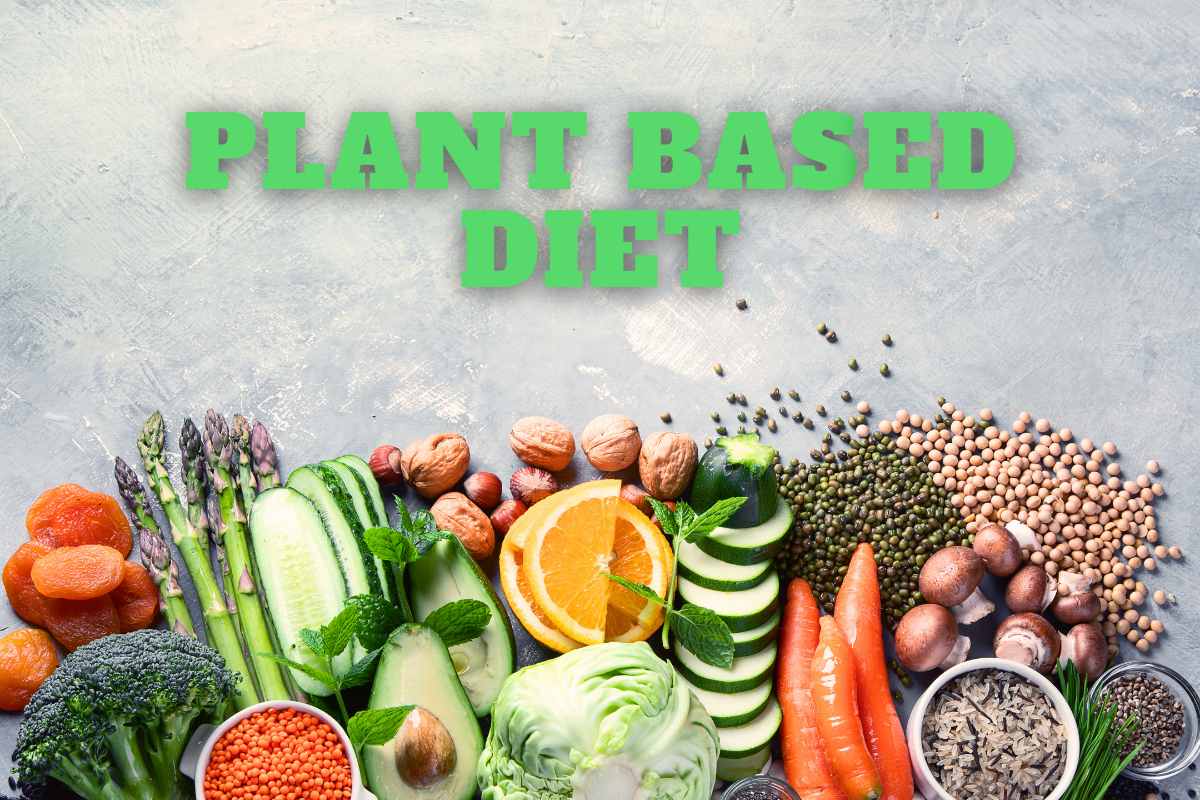
Chapter 1. A Plant-Based Diet
Consuming a plant-based diet does not preclude the consumption of meat. It implies that most of your meals will consist of plants, such as vegetables, whole grains, and fruits. There are also beans, seeds, and nuts.
These plant-based items should account for two-thirds of your plate. The remaining one-third should be made up of lean protein, such as chicken or fish, or plant protein, such as tofu or beans.
A whole-food, plant-based diet, when followed correctly, restricts the use of oils, processed meals, and added sugars, leaving only whole foods to give nutrients. This increases nutritional intake while practically eliminating items that can result in bad health effects.
These diets are high in vitamins, fiber, minerals, and antioxidants while being low in cholesterol and saturated fat.
According to research, eating this way reduces your chances of developing:
- Coronary artery disease
- Obesity.
- High blood pressure
- Digestive disorder.
- Diabetes.
- Breast and colon cancers
1.1. Essential Nutrients to Consider
There are some nutrients to be aware of if you eliminate or lower animal products from your diet.
Protein. Eating protein-rich meals is an easy way to satisfy protein requirements.
Some examples are lentils, chickpeas, beans, seeds, nut butter (such as peanut and almond butter), nuts, tempeh, and tofu. If you eat dairy and eggs, they are also healthy sources.
Meat substitutes such as soy sausages, soy burgers, seitan (from wheat), and mycoprotein (known as Quorn) are high-quality protein sources that can help individuals transition to a plant-based diet. However, because they are generally heavy in fat and salt, you should use them sparingly.
Animal components such as milk derivatives, eggs, and honey are found in certain meat alternatives. If you are attempting to follow a vegan diet, you must carefully study the labels.
Long-chain omega-3 polyunsaturated fatty acids. These facts are beneficial to your health.
Oily fish provides the richest source, such as salmon, pilchards, and mackerel. If you do not consume fish, your body may convert important fats in plant-based foods like flaxseed (linseeds), walnuts, hemp seeds, and chia seeds into long-chain omega-3 fatty acids.
Essential omega-3 fats are found in flaxseed oil, rapeseed oil, and hemp (also known as vegetable oils). They are superior to sesame, maize, and sunflower oils, lower in omega-3 fatty acids.
Vegans can also obtain omega-3 supplements manufactured from seaweed.
B12 vitamin. This vital vitamin is only required in trace doses. If you have too little, you may have anemia, exhaustion, and nerve damage, as well as an increased risk of cardiovascular problems.
Because dairy products and eggs include vitamin B12, you are unlikely to be deficient unless excluding all animal-derived meals.
Unless you're a vegan, the only sources of vitamin B12 that you can rely on are fortified pills and meals. Some yeast extracts, soy yogurts, morning cereals, and plant-based dairy substitutes are B12-fortified. Check the label to make sure, as not all are fortified.
Because absorption varies widely depending on the amount and your needs, it is suggested to supplement with more than the RDA of 1.5 micrograms to guarantee appropriate consumption. According to the Vegan Society, you should either:
- Take fortified meals at least twice a day, with a daily goal of 3mcg of vitamin B12
OR
- Take a daily dosage of at least 10mcg or a weekly supplement of at least 2000mcg.
Vitamin D. Vitamin D, along with calcium, is essential for bone health. Your body produces this whenever your skin is revealed to the sun, especially during the summer.
Calcium. Calcium is necessary for bone health. An adult requires about 700mg each day.

